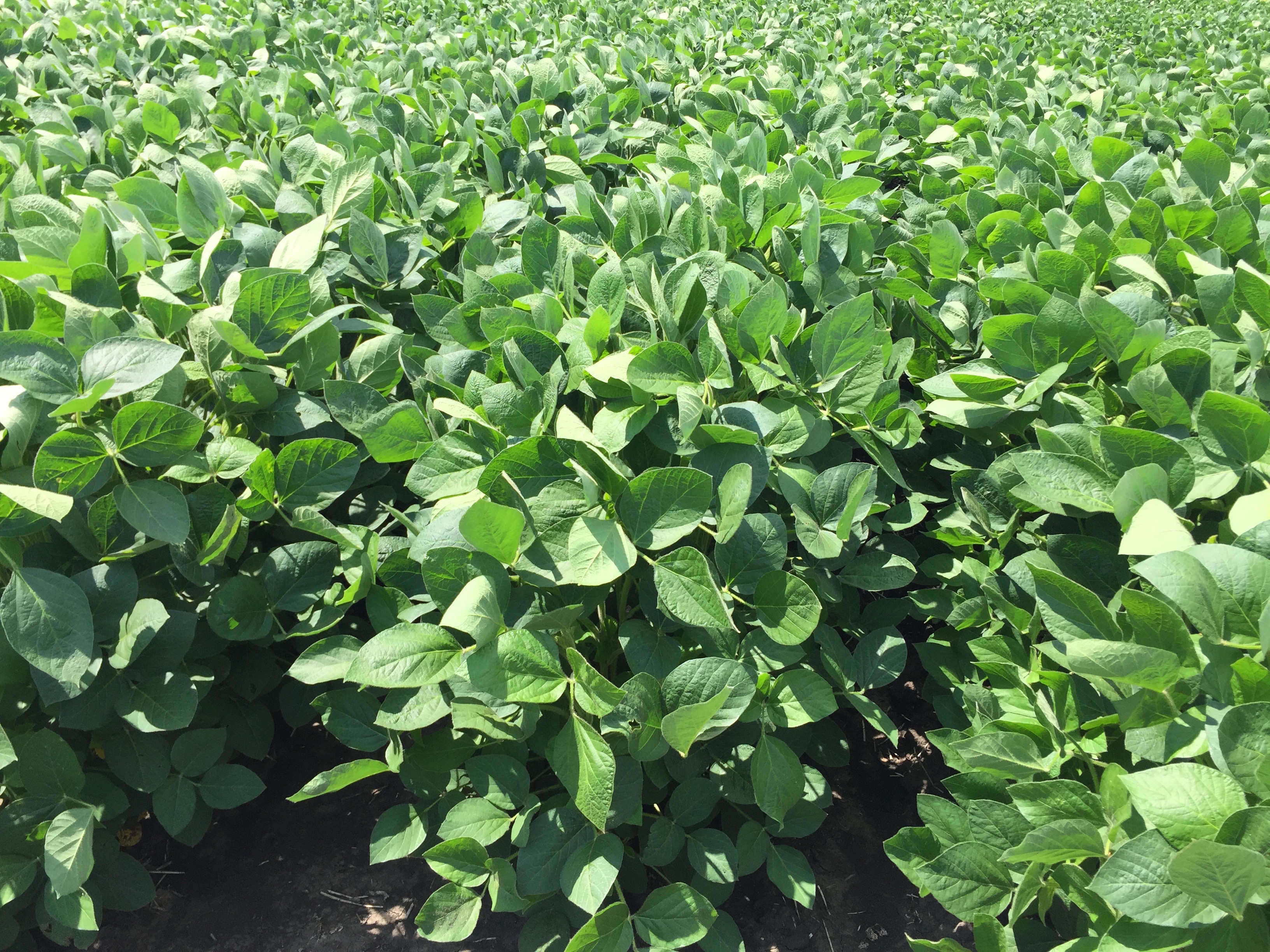by Janne Kerovuo
Recently, I joined a special panel on Developing Microbial Solutions to Advance Sustainable Agricultural Productivity at the 2018 Biotechnology Innovation Organization’s World Congress.
The panel was moderated by Paul Zorner, an agricultural biotech veteran and CEO of Locus Agricultural Solutions. My fellow panelist, Industrial Biotechnology co-editor-in-chief, Larry Walker, and Donald Marvin, President and CEO of Concentric, both are working in or following the world of beneficial microbes – an area that I truly believe is the most promising and exciting in all of agricultural biotechnology.
During the panel, the moderator asked me an important question: Why does NewLeaf focus its efforts solely on one particular genus — pink pigmented facultative methylotrophs, or M-trophs?
It’s an important question, and one I think that’s worth writing about. The simple answer is: we’re focusing on M-trophs because they are symbiotic with plants in the truest sense of that word. There’s incredible potential within this genus or family of microbes that has been co-evolving with plants for hundreds of millions of years. We are committed to fully exploring it and developing M-troph products for sustainable agriculture.
8 Reasons M-Trophs are a Leader in the World of Beneficial Microbes
There are many scientific factors that lead us to believe M-trophs have the strongest potential in the world of microbial solutions for agriculture.
1. M-trophs contain numerous traits that are beneficial to plants. They can enhance nutrient utilization efficiency. They can secrete important plant hormones. They can induce systemic resistance in plants to defend them from various pests. They can promote seed germination and overall plant growth. Some of our studies even show M-trophs increase chlorophyll content and photosynthetic capacity. And this is not even an exhaustive list of the many beneficial traits M-trophs bring to the table. Our focus on one genus of microbes enables our very powerful comparative genomics platform (the Prescriptive BiologicsTM Knowledgebase), and makes genotype by phenotype association analyses much easier.
2. M-trophs can colonize the phyllosphere, rhizosphere and endosphere. There is even evidence of certain M-trophs living inside the plant cell. This level of colonization potential is unusual in nature, and exciting for those of us looking to leverage beneficial microbes in agriculture.
3. M-trophs are unique in that they use methanol secreted by the dividing plant cells as their energy source to build biomass. This means that there is no real energy cost for the plant in hosting M-trophs, and the plant’s finite store of energy can be put to other uses.
4. M-trophs can work as a bio-complement, boosting existing agricultural chemistries and existing germplasm traits. This has positive implications for both performance and adoption and can help overcome issues with pest resistance development. We see very strong compatibility with commonly used insecticides, fungicides and herbicides, as well as other ag biologicals including rhizobia.
5. We believe that M-trophs have been co-evolving with plants perhaps even before plant cells evolved into plants, as some M-trophs promote the growth of algae, lichens, moss, and early bryophytes.With this long, symbiotic history, they may even be the ‘original’ beneficial microbes.
6. M-trophs are robust and ubiquitous colonizers of all plants. They make up a large portion of the total bacterial population in the plant microbiome. We’ve seen M-trophs constitute more than 30 percent of the bacterial microbiome in soybean leaves.
7. M-trophs are very safe to use. M-trophs are Bio Safety Level 1 organisms and due to their ubiquitous nature, benefit from positive state registration and regulatory approval processes.
8. There are over 50 different M-trophs species and likely millions of strains. At NewLeaf, we’re tapping into the seemingly endless potential of these beneficial microbes. The technology NewLeaf Symbiotics is developing is useful throughout all agricultural crops and farming practices.
For more on the science behind M-trophs, visit our recent Industrial Biotechnology article.



